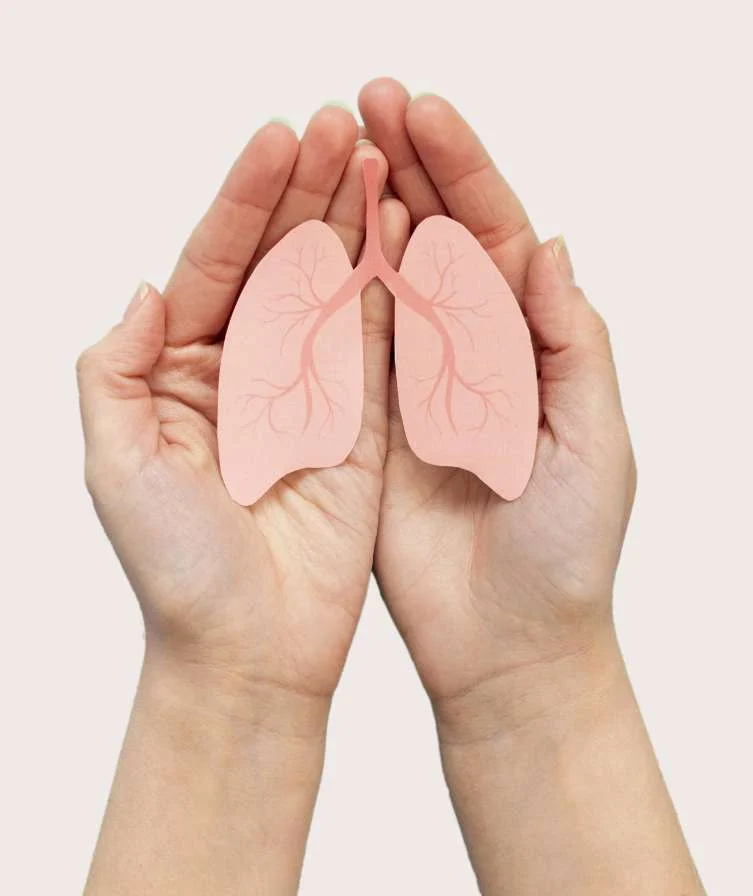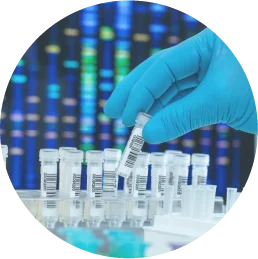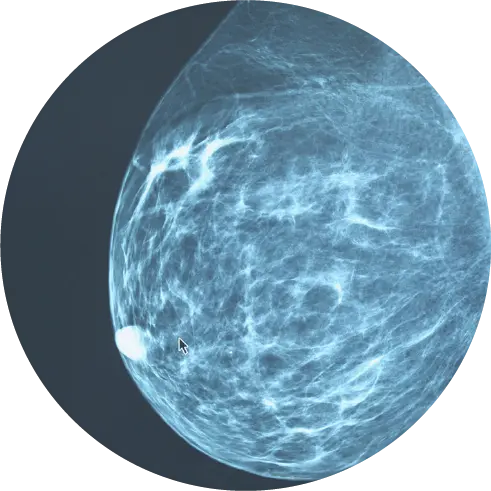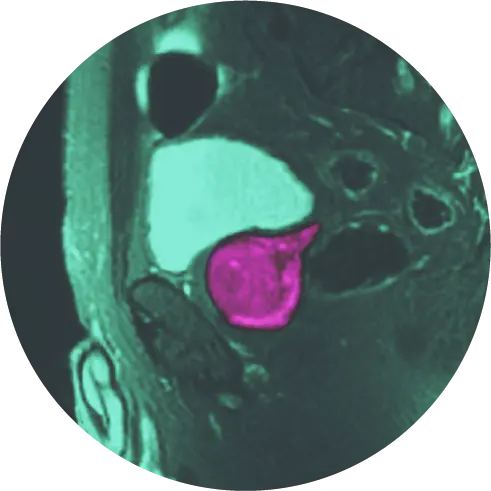Lung Cancer
Know Your Risk!
Lung cancer is by far the leading cause of cancer death among both men and women, making up almost 25% of all cancer deaths. Each year, more people die of lung cancer than of colon, breast, and prostate cancers combined.
According to the American Cancer Society estimates, in the year 2020 there will be
~228,820
New cases of lung cancer (116,300 in men and 112,520 in women)
~135,720
Deaths from lung cancer (72,500 in men and 63,220 in women)

Smoking
Exposure to Radon
Occupational Risks

Personal or Family History

Who Should Consider Screening?
- Individuals between the ages of 55-80 years
- 30 pack year or more of smoking history
- Current smoker or has quit within the last 15 years
- Patients with a history of lung cancer (treated >5 years ago), or individuals at an increased risk of lung cancer
- Individuals with chronic obstructive pulmonary disease (COPD) and occupational hazards (exposure to asbestos)
The HALO Precision Diagnostics™ Approach
We use low-dose CT screening to diagnose lung cancers.

Safety
Low-dose CT is very safe and gives off 90% less radiation compared to conventional CT. Also, it does not require any contrast agents.

Accuracy and details
Low-dose CT provides detailed and accurate information compared to other conventional methods like X-ray. A study conducted by the National Lung Screening Trial Research Team (NLST) has shown that screening with LDCT reduces the risk of lung cancer deaths by 20%

Speed
It takes relatively less time (total time, 10 minutes) and is convenient for patients.
Schedule a Consultation
Submit this form and we will contact you, usually within 24 hours, to answer your questions.
Early Detection
Saves Lives
